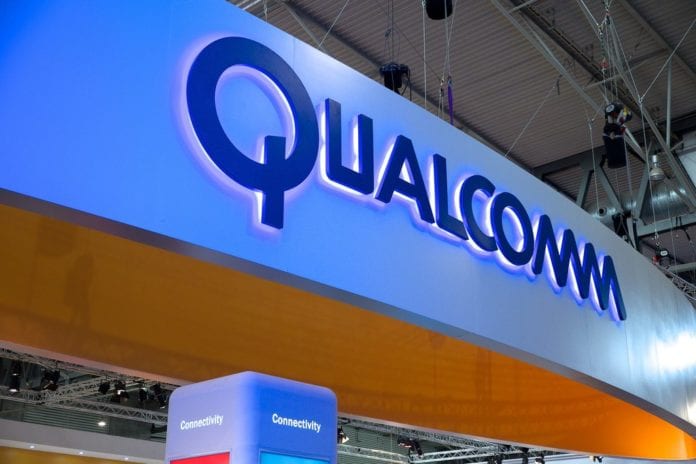Fine related to Qualcomm agreement with Apple regarding LTE chipsets
The European Union Commissioner of Competition Margrethe Vestager this week announced a $1.2 billion fine against chipmaker Qualcomm, alleging the U.S. company influenced consumer choice through an exclusivity arrangement with Apple. Qualcomm has said it will appeal the decision.
Vestager, who has taken a strong position regarding anti-trust, consumer choice and other regulatory issues, said in a statement: “Qualcomm illegally shut out rivals from the market for LTE baseband chipsets for over five years, thereby cementing its market dominance. Qualcomm paid billions of US Dollars to a key customer, Apple, so that it would not buy from rivals. These payments were not just reductions in price – they were made on the condition that Apple would exclusively use Qualcomm’s baseband chipsets in all its iPhones and iPads.
“This meant that no rival could effectively challenge Qualcomm in this market, no matter how good their products were. Qualcomm’s behaviour denied consumers and other companies more choice and innovation – and this in a sector with a huge demand and potential for innovative technologies. This is illegal under EU antitrust rules and why we have taken today’s decision.”
Qualcomm EVP and General Counsel Don Rosenberg said he’s “confident this agreement did not violate EU competition rules or adversely affect market competition or European consumers. We have a strong case for judicial review and we will immediately commence that process.”
The timing isn’t great for Qualcomm. The company is in a legal battle with Apple regarding alleged withholding of rebate payments, as well as facing a hostile buyout of the company being waged by Singapore-based Broadcom. Last year Qualcomm paid more than $800 million to the Korean government to settle allegations of unfair patent licensure practices, and, in 2015, paid $975 to the Chinese government over alleged violations of antimonopoly rules.

